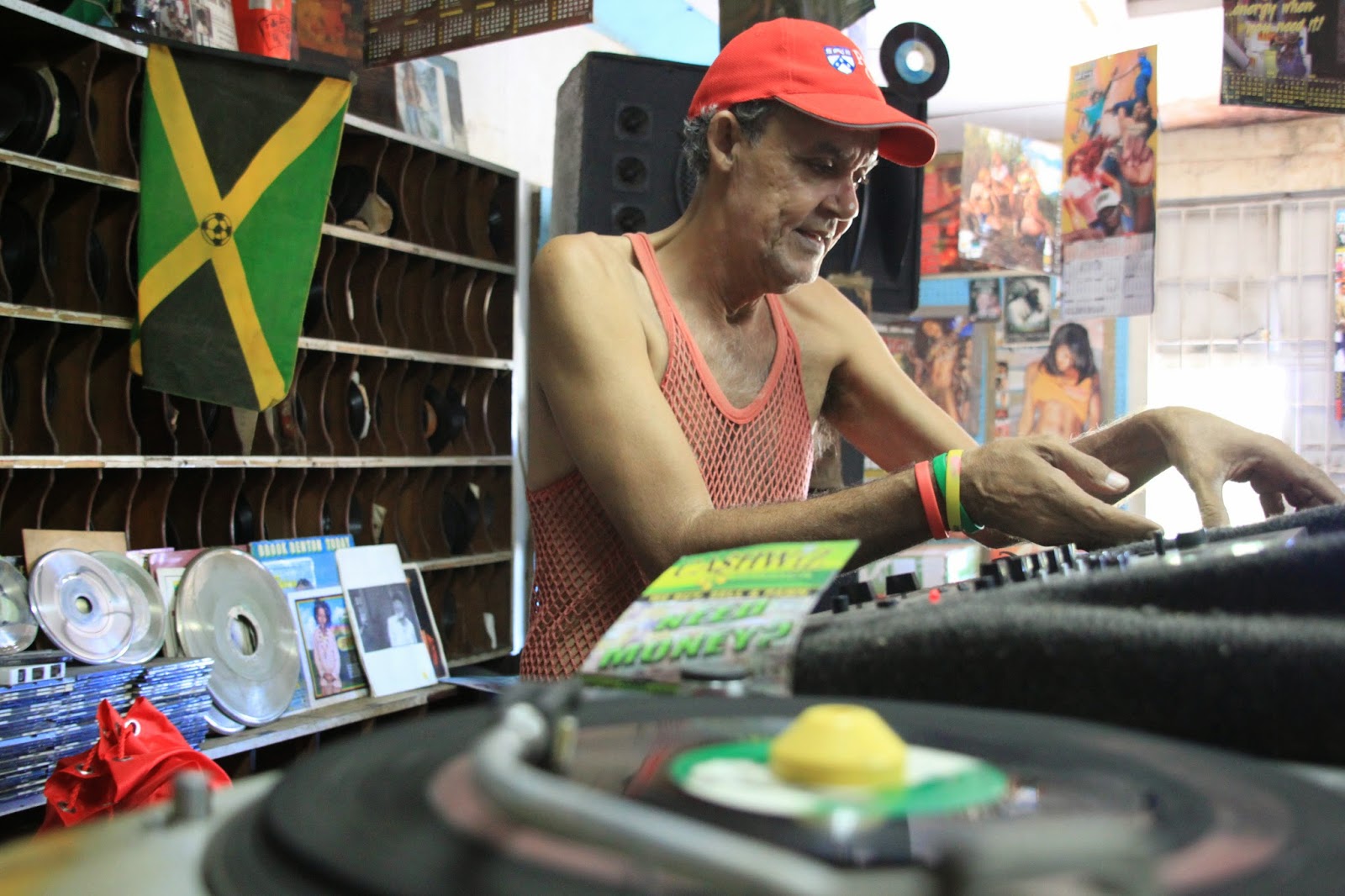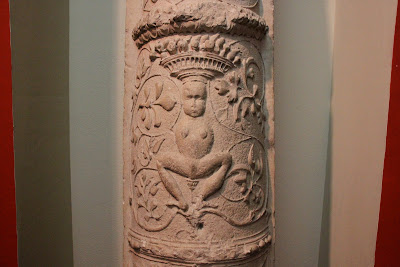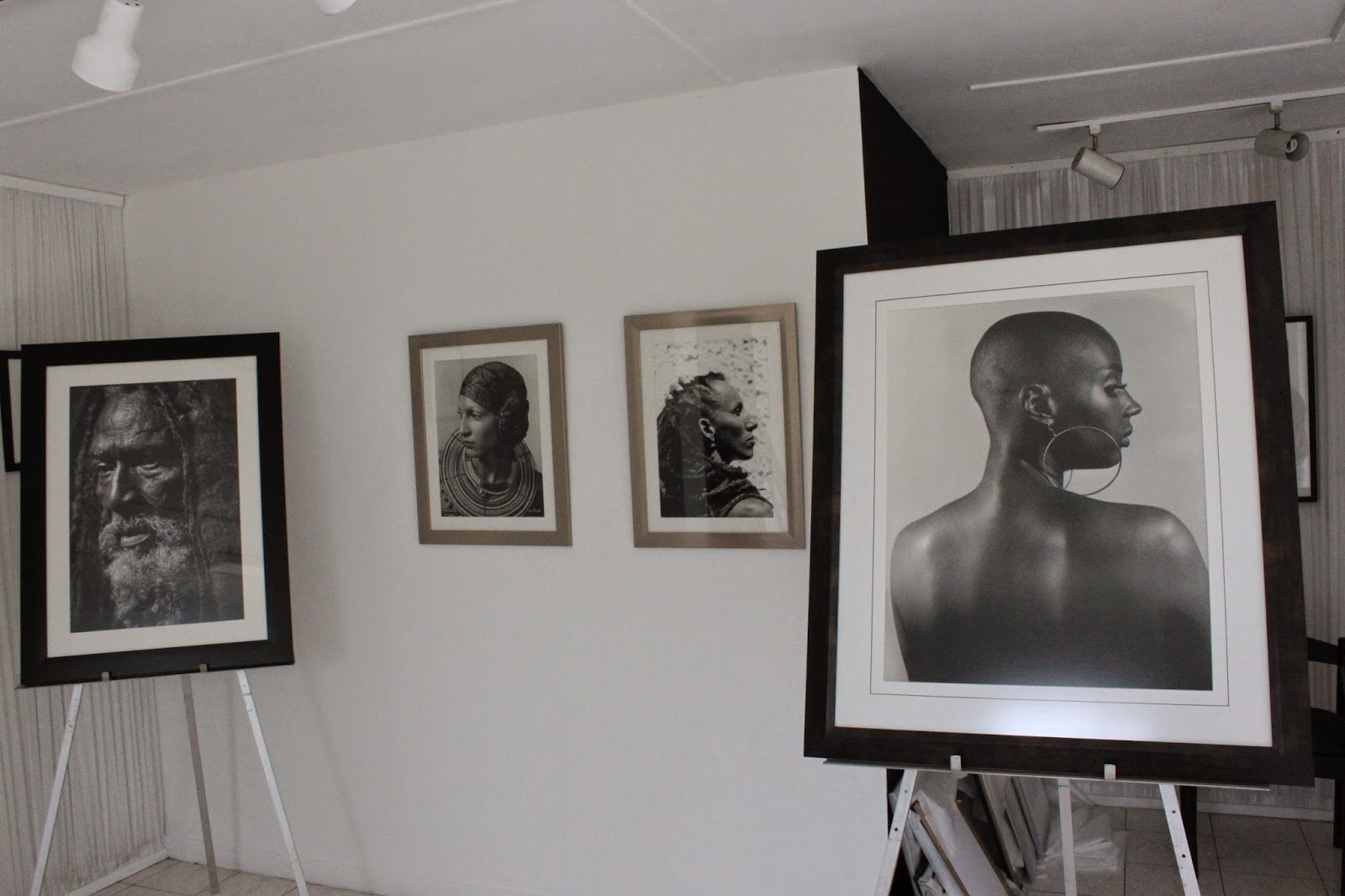Harnessing the spirit of volunteerism
 |
| Members of the 90th group of Peace Corps Volunteers in Jamaica | Photos Courtesy: Peace Corps Jamaica |
The pertinent question here is, does volunteerism get a place in the nine yards of life?
'Perhaps', 'maybe', 'possibly', and 'I don't know' could be the plausible responses. Sully, though, who has spent majority of his life and career, as the head of an organisation that has been serving Jamaica since 1962, believes that the definition of a volunteer has to be rewritten and that perceptions need to change.
"We know from our experiences that service reflects and shares values of caring, creates bonds, and strengthens communities," Sully said, adding that research shows that people who serve in organisations like the Peace Corps, compared to those who do not, continue to be more active citizens - they vote, and they volunteer in their communities and beyond.
In essence, this sense of service, apart from being a humbling experience, instills in then a sense of responsibility and helps them to build the communities they live in and, in turn, the countries of their citizenship and where they work.
"There are 230,000 former Peace Corps volunteers," Paul said. "They have gone on to many other professions in the public and private sectors, sports, and the arts."
Stories to tell
Each one of the individuals tells a story, and they would have, in the course of their tenure with Peace Corps learnt valuable life and career lessons.
Sully has one to tell.
"I am in my seventh year of service as Peace Corps field staff. I have been country director here (in Jamaica) since September 2016," he said.
Before this posting he served as the director of programming and Training in Uganda for four years, which followed 10 years of his career as the youth-development adviser at the Peace Corps Headquarters in Washington, DC, and four years in the 1970s as a Peace Corps volunteer - first in Colombia, South America, and then in Liberia, West Africa.
 |
| Peace Corps Volunteers Loren (left) and Peri conduct an art projects with school children. |
"When I became a volunteer, it was my first trip out of the US. I learnt to live without some of the personal comforts - such as electricity and running water - while adjusting to and learning new ways of engaging and being with people," Sully said.
"While my first instinct was survival," he continued. "I knew my role was not to fill my needs but to contribute something meaningful with and for people."
The experience of being a Peace Corps volunteer, Sully said, deepened his understanding of people and himself. It stimulated his interest to learn more.
"In my second year of service as a volunteer, I felt this was a pretty unique and special opportunity. I did not want it to end, so I pursued and earned an extension ... and a transfer to a new country," he said.
"I felt the extension allowed me to achieve a new level of knowing and skills of being in the world."
But to tell and live success stories like these, one has to begin with some basics ground rules.
 |
| Peace Corps Volunteer Chaya plants a tree with girls at a youth empowerment camp. |
"This," he said, "takes an organisation with dedicated professionals who do that matchmaking."
Technology a key driver
For Jamaica, he has identified technology as the key driver.
"Perhaps the most convincing case for adopting a technology-assisted volunteerism marketplace for volunteer opportunities is to bring more people - adults and youth - with their respective energies into the field. Youth need enormous investments of people-to-people interaction," he said.
According to him, technology can also help with monitoring and reporting efforts and returns.
"Once there are systems in place, the systems create enough structure to help guide and prioritize many of the human inputs and processes," Sully said.
He is also giving high marks to Jamaican people for their recognition of the value of service, adding that these values need to be inculcated, reiterated and strengthened at an early age.
 |
| Members of the 1st group of Peace Corps Volunteers in Jamaica |
The challenge, according to Sully, is how to connect the right people to the right effort. Technology is a facilitator complemented by human initiative.
"Technology is often used to make things easier, faster, efficient, and more convenient," he said. "Certainly, any technology does not do it, but the technology for matching volunteers exists."
Use of technology makes the processes seamless and saves time.
"When one asks, 'what can it (technology) do?' it is like putting up thousands of signs [saying], 'We need some help here!' With match technology, we do not have to 'drive by' thousands of signs," he said. "Once the potential volunteer identifies her or his interest areas, only those opportunities that match that interest are sent.
"They are pre-selected not by one person with a big book who may get around to it, but seamlessly, immediately, objectively based on the information provided by the potential volunteer and the potential host agency through well-written volunteer job descriptions."
Volunteerism, in essence, is not 'working for free', as it is perceived - it is a well-thought out, exhilarating, self-discovering and gratifying process.
What drives one to do become a volunteer?
"I had a choice," said Radhika Patel, a Peace Corps volunteer working with the farmers in James Hill, Clarendon. "It was to either join the military or Peace Corps. I chose peace."
We could not have summed up better.
 |
| Peace Corps Volunteer Melissa engages students in a recycled mural project made out of used bottle caps. |
Paul Sully offers a four-point approach to increasing Jamaican volunteerism and service.
The challenge: To create an easy, effective and sustainable pathway to volunteerism and service to harness the valuable potential of Jamaica-based and diaspora youth and adults.
Discovery
- Many Jamaicans volunteer.
- There is a tradition of volunteerism.
- Numerous organisations, like the Council of Voluntary Social Services, have deep histories in social service.
- The Government of Jamaica, through the Ministry of Foreign Affairs and Foreign Trade, conducts outreach to the Diaspora to encourage and promote Jamaica engagement.
- Much work is funded by foundations
- The Government and non-governmental organisations in the fields of education, health, and environment promote and ask for more volunteers frequently.
- Schools and universities are increasingly requiring students to complete service hours.
- Systems of harnessing volunteers are underdeveloped.
- A clear system of becoming a volunteer.
- An efficient way to assist organisations to present their volunteer needs.
- An efficient way to connect volunteers to the needs.
- Foster an inclusive collaboration of the public, civil society and the private sector to develop an approach volunteerism.
- Create an exploratory working committee to create a phased-in process to increase the use of technology in volunteerism.
- Consider adopting the use of already existing matching technology. One example is www.volunteermatch.org
Consider a permanent volunteerism and service committee made up of the public, civil society and private-sector representatives to develop policies and standards and monitor and report on progress.



Comments
Post a Comment